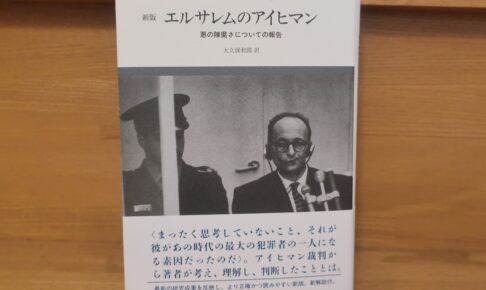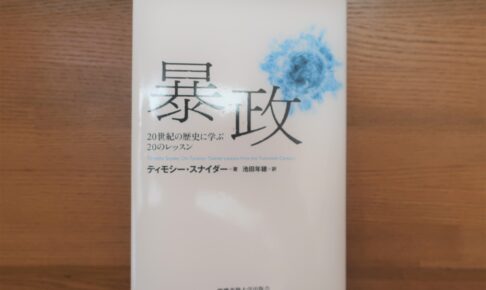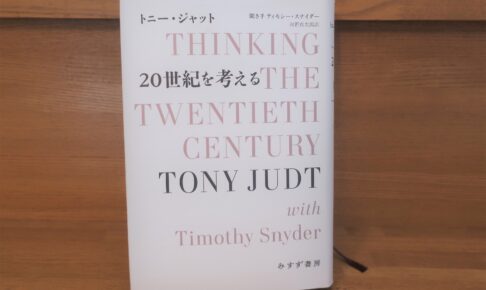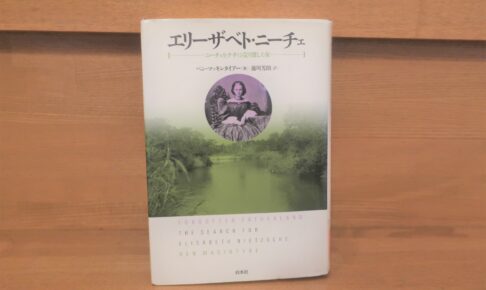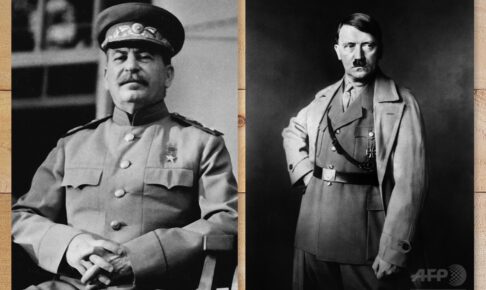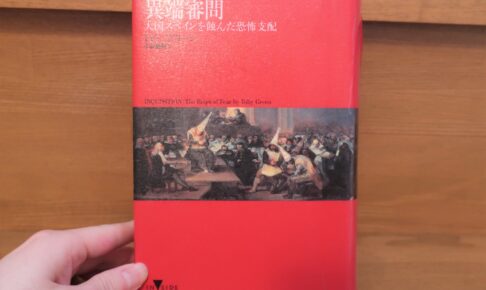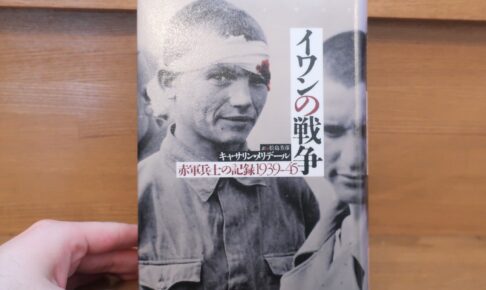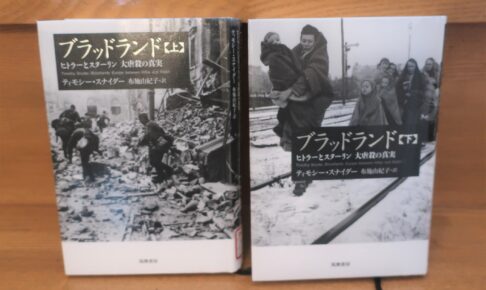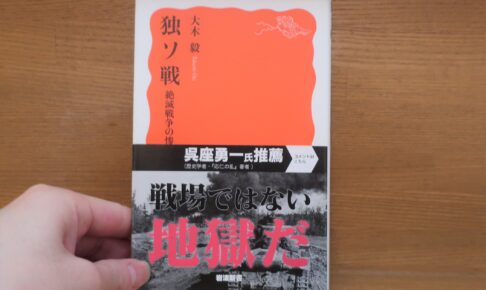Arendt's "Eichmann in Jerusalem: A Report on the Banality of Evil" Summary and Comments - Why did the Holocaust happen? A book about the darkness of humanity.
The book will be the birthplace of Arendt's famous phrase "the banality of evil."
In this work Arendt examines the background of the horrific murder system in the Nazi Holocaust.
Eichmann was not a villain, but a man who could be found anywhere. This shook the world and at the same time caused intense controversy.












